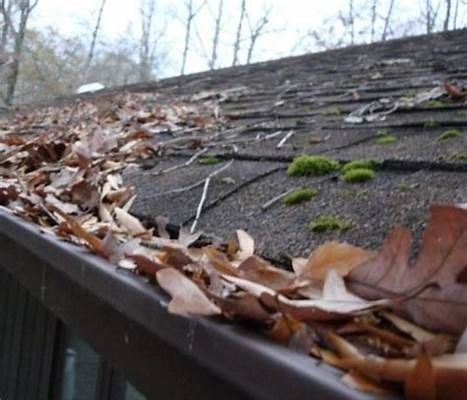Spring often brings a mix of warmer weather, snowmelt, and heavy rains, which can all contribute to potential water damage. Here are some tips to help prevent water damage during this season:
INSPECT AND REPAIR YOUR ROOF
Conduct a thorough inspection of your roof to check for missing, damaged, or loose shingles that could allow water to seep in. Repair any issues you find as soon as possible.
CLEAN GUTTERS AND DOWNSPOUTS
Ensure your gutters and downspouts are free of debris such as leaves, twigs, and other obstructions that could cause water to back up and potentially enter your home.
GRADE YOUR LAWN AWAY FROM THE HOUSE
Landscape your yard to ensure that water flows away from your home’s foundation. This helps reduce the risk of basement flooding.
INSPECT SUMP PUMP
If you have a sump pump, spring is the perfect time to ensure it’s working correctly. Consider installing a battery backup to keep it functioning during power outages.
EXTEND DOWNSPOUTS
Modify downspouts so that they direct water at least 3 feet away from your home's foundation. The further, the better.
SEAL GAPS AND CRACKS
Inspect your home’s exterior for gaps and cracks, particularly where utility lines enter. Seal any openings with caulking or foam sealant to prevent water from entering.
MAINTAIN GOOD DRAINAGE
Keep storm drains near your property clear of debris to prevent backed-up water from affecting your home.
INSTALL WINDOW WELL COVERS
If you have below-ground windows, install clear acrylic window well covers to keep rainwater and debris out while allowing light in.
ADJUST SPRINKLERS
Ensure your sprinkler system isn’t aiming water toward your home, which can lead to moisture accumulation near the foundation.
CHECK INDOOR PLUMBING
Inspect hoses to appliances, under sinks, and around toilets for any signs of leaks or weakness. Replace hoses or seals at the first sign of wear.
CREATE AN EMERGENCY KIT
Have a kit with essentials such as water, non-perishable food, a flashlight, batteries, and important documents in a waterproof container. Additionally, include a list of emergency contacts, including local contractors who specialize in water damage repair.
REVIEW YOUR INSURANCE COVERAGE
Understand what your home insurance policy covers in terms of water damage and consider additional flood insurance if you're in a high-risk area.
By taking proactive steps and maintaining your home properly, you can significantly reduce the risk of water damage during the spring months. It’s all about preparation, timely repairs, and being vigilant about changes in and around your home.









